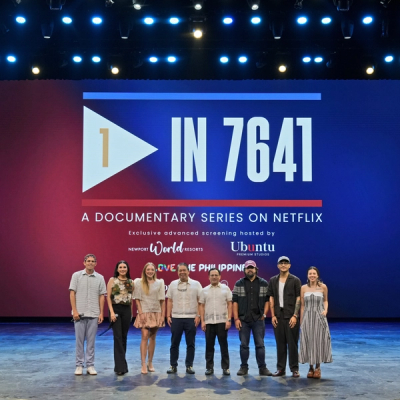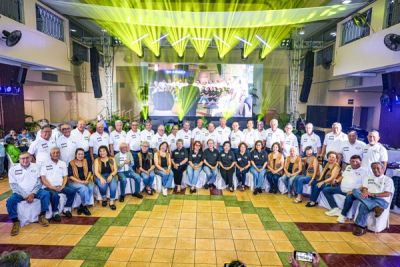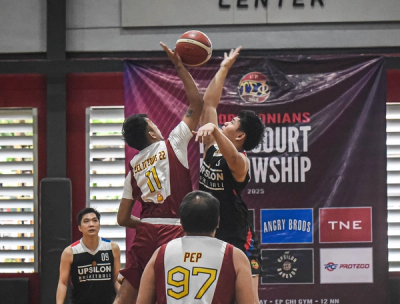Alumni
The Council of Elders: A Path to Resolution
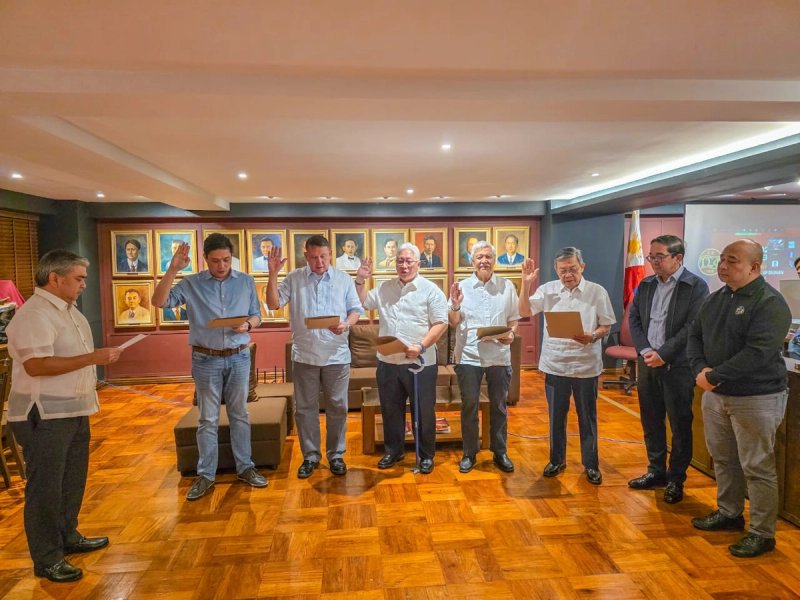
It is a hallmark of the fraternity that we can rely on the wise advice of seniors to resolve conflicts; the reliance on elders is, in fact, ingrained in us. Today, September 11, 2025, the Upsilon Sigma Phi Alumni Association has institutionalized this reliance by formally adopting the Rules on Mediation and Conflict Resolution, establishing a clear process for fellows to address disputes internally. Central to this process is the Council of Elders, a five-man body appointed by the USPAA Board to guide mediation and safeguard fraternity unity.
The Council is composed of Jesus Ines Yabes ’66 as Chairman, Emmanuel B. Ocampo ’69, Jose Castro Rabago ’72, John Joseph De Castro Gutierrez ’75, and Jose Edgardo Gonzalez Sunico ’86. The composition was carefully determined: Jess Yabes, an illustrious diplomat, was the choice of the Board as Chairman, Jo Rabago, the founder of Cubao Rangers, and Ed Sunico, a former Undersecretary of the DTI, were the products of consensus. Jess, in turn, nominated Manolet Ocampo, a respected legal practitioner, and Gucci became a member by operation of the rules, which require the most senior batch representative on the Board to serve. The members of the Council took their oath of office before the Chairman, President and the Vice President of the USPAA.
Raul Paras '90, the head of the Membership Committee and the proponent of the Rules on Mediation and Conflict Resolution, said the decision to institutionalize mediation was timely. “As the number of alumni Fellows continues to grow, we saw the need to establish a mechanism for handling disagreements. Conflicts happen even in the strongest of families, and our Brotherhood is no exception. This was the right time to adopt a clear and dignified way to resolve issues—one that preserves friendships, protects our traditions, and keeps the Fraternity united.”
He also emphasized the qualities sought in selecting the Council members. “We chose Fellows who have earned the respect of the Brotherhood through their wisdom, integrity, and service. More than professional achievements, it was their character and deep sense of fraternity that made them the right people to guide us in times of conflict.”
Paras further shared what the Board hopes the Council will achieve. “Our hope is simple—that this Council helps heal rifts before they grow, keeps our bonds strong, and reminds us that Brotherhood comes first. If it leads us to listen more, understand each other better, and remain united as our ranks increase, then it has done its job.”
Under the rules, any alumnus may initiate mediation by submitting a written request to the Council of Elders. The request may take the form of a letter, message, or other written communication, and should identify the Fellows involved, provide a brief description of the issue, and expressly request mediation. The USPAA Board may also refer matters directly to the Council if it becomes aware of disputes that affect harmony within the Brotherhood.
Once a request is received, the Council is required to convene a preliminary conference within fifteen days. This first meeting serves several purposes: it clarifies the nature of the conflict, confirms that all parties are willing to participate in good faith, and establishes ground rules for respectful dialogue. Participation in the mediation process is voluntary. No Fellow can be compelled to submit to mediation, but once they do, they are expected to approach it with honesty, humility, and good faith. The aim is not to impose outcomes, but to encourage reconciliation through dialogue and mutual understanding. A quorum of at least three Council members must be present for the proceedings to move forward.
Mediation sessions then follow, normally held at the Upsilon Sigma Phi Leadership Center in Marikina. This venue was designated to provide a neutral and dignified environment, though the parties and the Council may agree on an alternative location if circumstances require. The sessions are conducted in a controlled setting, with each Fellow given equal opportunity to be heard. The Council may hold joint sessions, private caucuses, or multiple rounds of dialogue if needed, always with the aim of encouraging openness, mutual respect, and eventual reconciliation.
If reconciliation is achieved, the terms are formalized in a Written Agreement of Reconciliation, signed by the parties and attested to by the Council. This agreement may include expressions of apology, commitments to future conduct, restitution or reparation, or internal sanctions such as temporary restrictions on privileges. Its intent is not punitive but restorative, focused on healing rifts and restoring fraternal bonds.
If the Written Agreement is willfully violated, the offending party becomes subject to disciplinary measures. These sanctions are determined by the Council of Elders and approved by the USPAA Board. Depending on the gravity of the breach, consequences may include temporary suspension from activities, disqualification from honors or events, or, in severe cases, expulsion from the Brotherhood. The rules emphasize that such measures are not imposed lightly but are designed to uphold accountability and protect the unity of the Fraternity.
If no settlement is reached despite reasonable efforts, the Chairman of the Council will declare the mediation a failure. A formal report is then submitted to the USPAA Board, either summarizing the agreement reached or noting that reconciliation could not be achieved. In both cases, the report may also include recommendations for the Board’s consideration.
All proceedings are treated with the highest degree of confidentiality. Records and communications are securely maintained by the Council’s Executive Director and are accessible only to the Council of Elders. Unauthorized disclosure of mediation matters, commonly referred to in fraternal language as “squealing,” is considered a serious breach of the Three Cardinal Rules and may itself warrant disciplinary action.
For Paras, the creation of the Council of Elders is about protecting the very core of Upsilon life. “This Council is meant to remind us that disputes do not diminish us—they challenge us to live up to our ideals. Reconciliation is not weakness; it is a reaffirmation of Brotherhood, remembering always that Brotherhood is above all.”
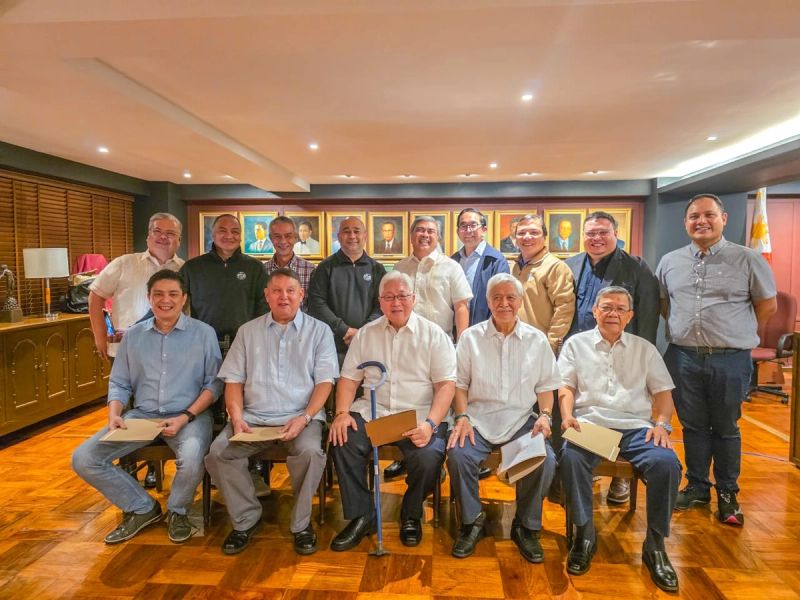
About the Author
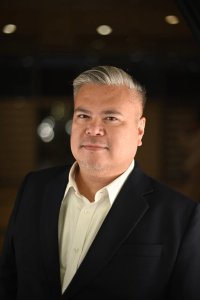
Javier P. Flores
A Juris Doctor from the University of the Philippines College of Law, he is a partner at the Flores & Ofrin Law Office, with expertise in corporation law, property, and litigation. Beyond the courtroom, Javi has made a name for himself as a publisher and editorial force. He is the co-owner of Milflores Publishing, a multi-awarded publishing house known for producing books that seek to elevate Filipino literature. He also founded League Magazine, a publication that spotlights the best governance practices of local leaders. Javi is also a two-time Master Photographer of the Camera Club of the Philippines. He was a former Associate Editor of the Philippine Collegian, the country’s oldest and longest-running student newspaper. Javi also served two terms on the Board of Editors for the Integrated Bar of the Philippines Law Journal.
